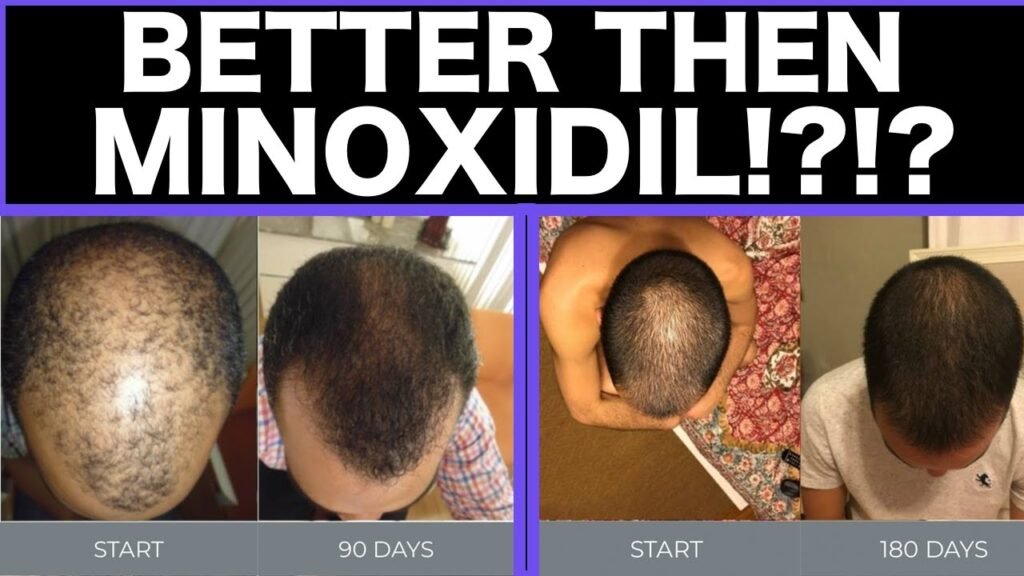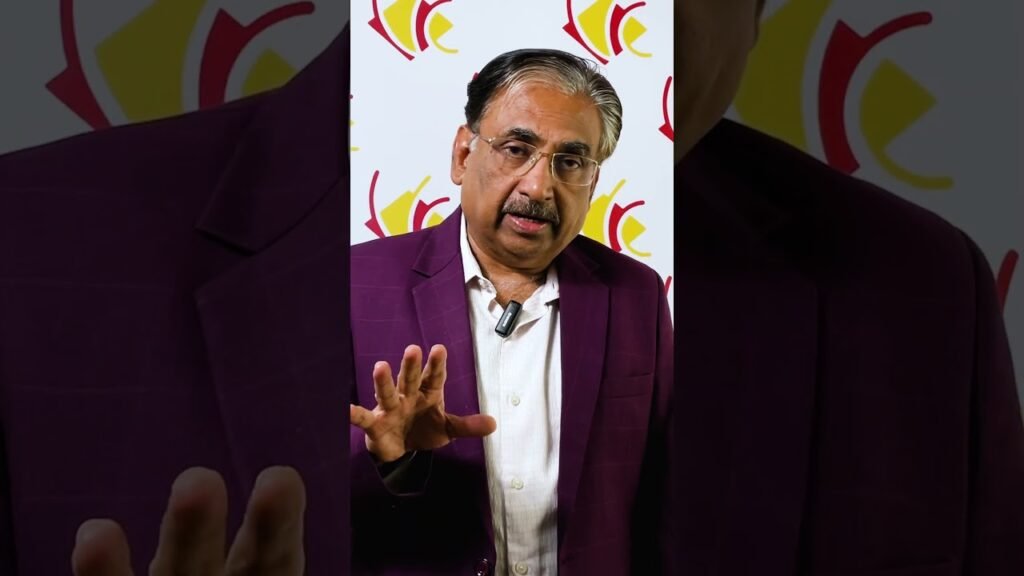What works best: Minoxidil vs castor oil
When it comes to hair growth solutions, Minoxidil and castor oil are two popular choices that often come up in discussions. Minoxidil, a well-known topical medication, is FDA-approved for treating hair loss and is widely used for promoting hair regrowth in both men and women. Its primary function is to stimulate hair follicles, increase blood flow to the scalp, and prolong the growth phase of the hair cycle. This makes it a go-to solution for many dealing with thinning hair or pattern baldness.
On the other hand, castor oil is a natural remedy that has been used for centuries to improve hair health. Rich in ricinoleic acid, omega-6 fatty acids, and vitamin E, castor oil is believed to nourish the scalp, reduce inflammation, and strengthen hair strands. While not scientifically proven to promote hair growth to the extent that Minoxidil does, many users swear by its ability to improve the overall health and appearance of their hair.
Key Differences
– Mechanism of Action: Minoxidil works by revitalizing hair follicles and enhancing blood circulation, which can directly result in new hair growth. Castor oil, in contrast, primarily conditions the scalp and hair, which may indirectly support healthier hair growth over time.
– Usage and Application: Minoxidil is typically applied twice daily and requires consistent use to maintain results. It is available in both liquid and foam formulations. Castor oil, however, is often used as a pre-shampoo treatment or mixed with other oils and is applied less frequently, usually a few times a week.
While both products have their merits, the choice between Minoxidil and castor oil largely depends on individual needs and preferences. Those looking for a clinically proven solution to stimulate hair growth may lean towards Minoxidil, while those interested in a more natural, conditioning approach might opt for castor oil.


